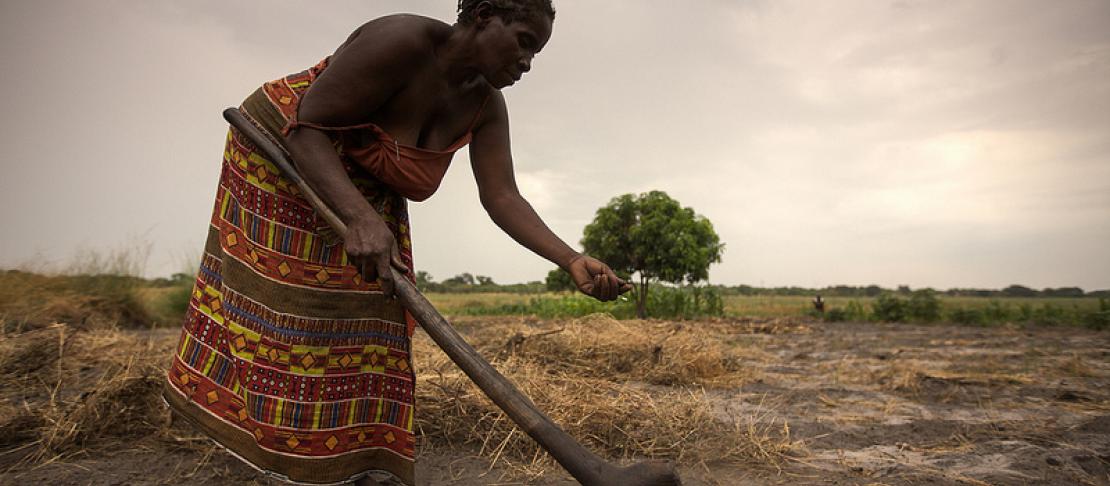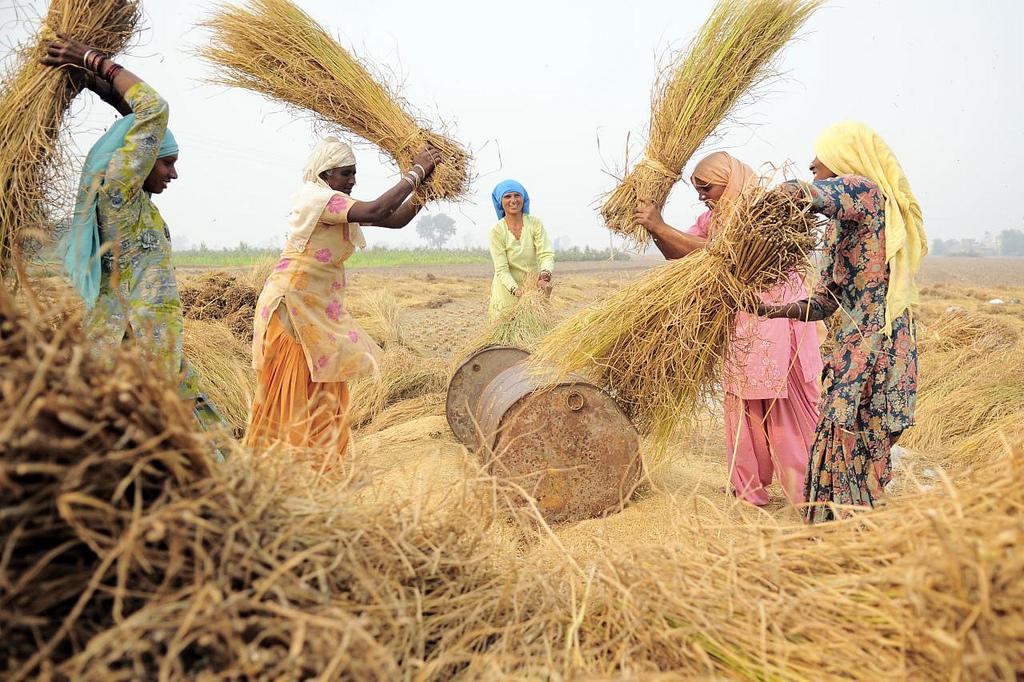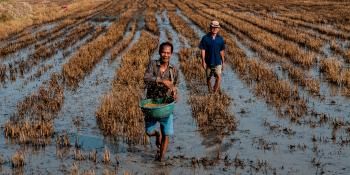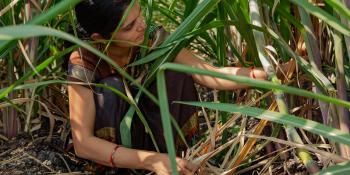Injecting gender-awareness into climate-smart farming innovations

Agricultural research often focuses on technological innovations but does not always consider social disparities and differing effects on men and women. But gender matters in this context. Researchers from CIMMYT, with support from CCAFS, are therefore investigating gender relations in wheat and maize-based systems.
This blog was originally posted on the CIMMYT blog
If rural women in developing countries had the same access to land, technology, credit, education and markets as men, their yields could increase by 20 to 30 percent. Estimates show this alone would raise agricultural production in developing countries by 2.5 to 4 percent,1 which could lift 100 to 150 million people out of hunger.
Research also shows that the reduction of gender disparities and the empowerment of women leads to better food and nutrition security for households and significantly strengthens other development outcomes such as child education. Yet, more than 1.1 billion women worldwide do not have equal access to land, inputs and extension.
The work of the International Maize and Wheat Improvement Center (CIMMYT) researchers Lone Badstue and Tina Beuchelt focuses on gender relations in wheat and maize-based systems.
Aiming to strengthen the linkages between gender equality and nutrition- and climate-smart agricultural technologies, their research is a collaboration between CIMMYT; CGIAR Research Program on Climate Change, Agriculture and Food Security (CCAFS); and CGIAR Research Program MAIZE.
Beuchelt and Badstue won the silver prize for their poster, “Towards nutrition- and climate-smart agriculture: discussing trade-offs from a gender and intragenerational perspective” at the Conference on Global Food Security in the Netherlands this September.
Read the rest of this story on the CIMMYT blog.

Gender and social differences matter when it comes to up-take of climate-smart innovations. Photo: N. Palmer (CIAT)
Learn more about gender in the context of agriculture and food security on CCAFS gender page.
We are also looking into gender impacts from climate-smart agricultural technologies within rice systems.



